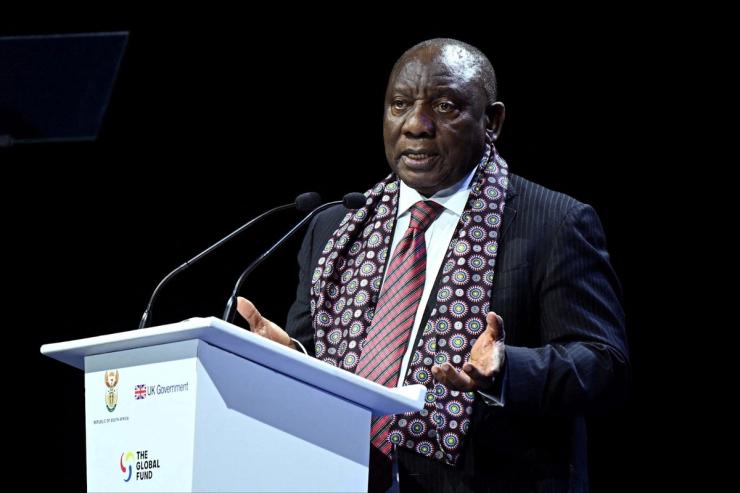South Africa struck the G20 gavel this weekend with a bracing agenda: calling for reforms to global financial architecture, climate justice, and centering Africa’s economic development. It did so with integrity despite the US boycott, which South Africa’s foreign ministry spokesperson called “coercion by absentia.”
The summit declaration was a critical win, but the story is not over. Washington’s absence was particularly felt during what would normally be a procedural and uneventful handover to the next G20 presidency, which the US takes over next month – but a handover didn’t take place. The rotating presidency exists to preserve continuity and engagement of its members, especially as each member must provide a full secretariat and set the agenda and plan for the year of its hosting.
At first glance, there is no massive problem that a handover failed to materialize. But the underlying issue is a growing concern that Washington might choose to withhold South Africa’s invitation to Miami for the preparatory G20 meetings it hosts next year. This too would be pressure enacted by absence: not through sanctions or economic restrictions, but by denying South Africa the platform that underpins multilateral problem-solving.
Yet, a presidency involves stewarding a club that rests on equal membership; it does not offer the right to unilaterally strip a member of its seat. If any presidency were permitted to exclude a fellow member, the G20 would cease to function as a collective steering committee for the global economy and instead risk becoming a forum shaped by bilateral political tensions. Middle-power members, like Indonesia and South Korea, would have to assume that they, too, could be sidelined at some future point.
That is why the remaining G20 members must be unequivocal: Disinviting South Africa, or any member, would not be acceptable. Should such an exclusion occur, members ought to be prepared to boycott ministerials and working-group meetings hosted by the new presidency, ensuring that the G20’s long-term integrity outweighs short-term diplomatic discomfort. Doing so would not be coercion but a collective defence of the institution’s rules — an insistence that multilateral forums remain governed by agreed norms, not bilateral politics.
The African Union’s new membership strengthens this calculus. As a permanent G20 member since New Delhi 2023, the AU’s inclusion is a structural change: It is not merely another guest, but a standing actor whose institutional legitimacy would be reduced by any sidelining of one of its member states. The AU and its partners, therefore, have a particular stake in ensuring membership rights are respected.
That said, the institutional calendar offers some reassurance. After the US G20 presidency concludes, the gavel will pass to the UK — an opportunity for the group of nations to reset and for business to continue. But continuity still depends on what happens now. If the G20 is to function as the world’s economic and financial management board, its members must be ready to act in defence of the forum’s integrity.
Hannah Ryder is the founder and CEO of Development Reimagined, a development consultancy, and a member of the Africa Expert Panel, a group convened by South Africa’s G20 Presidency to advise on how to advance Africa’s development priorities within the group of nations.


